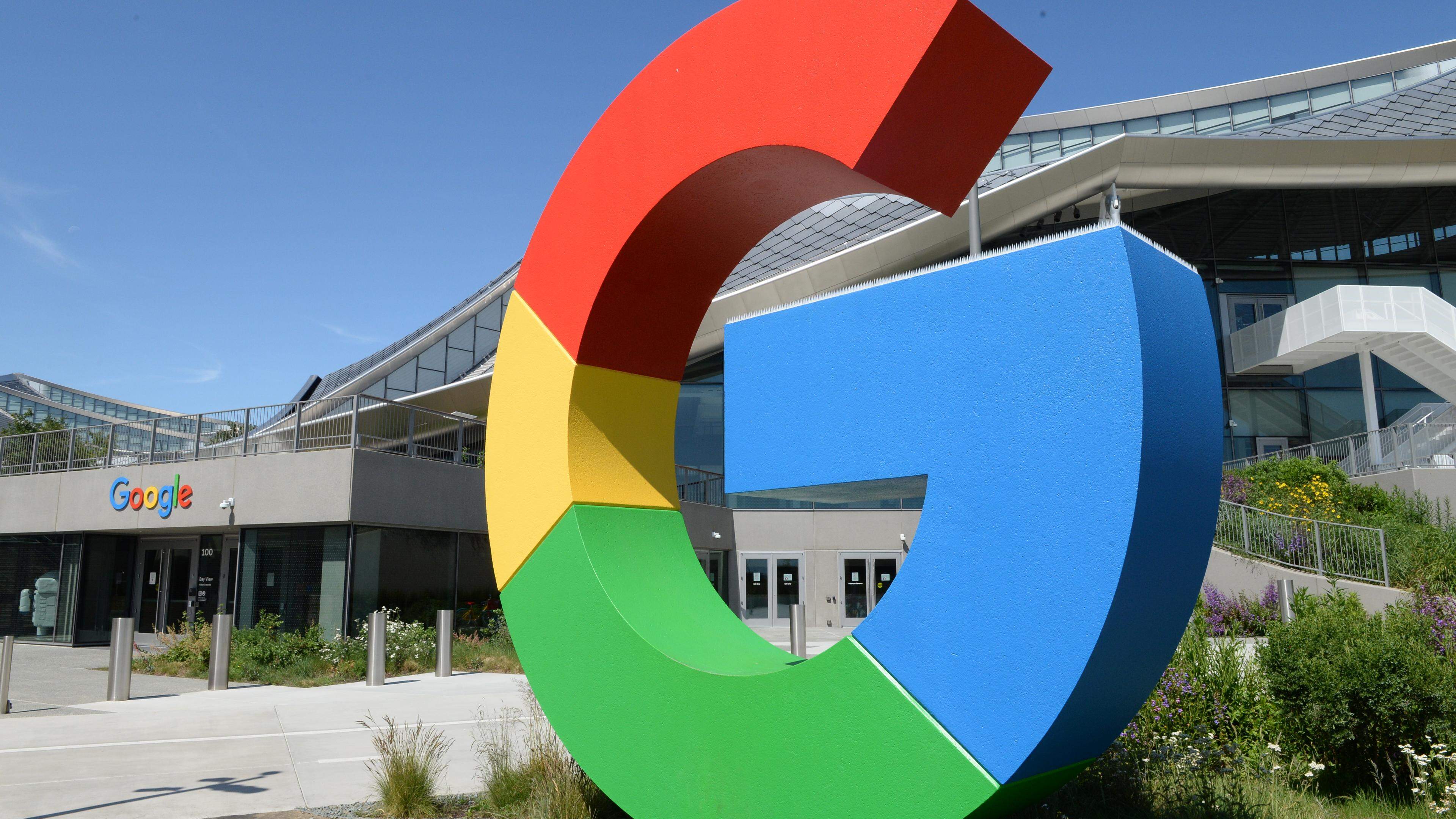Google: Monopoly is misused again, US judge decides

Google has illegally monopolized some markets for online advertising technology, according to a US federal judge, whose judgment is the recent anti-antitrust setback for the company and a challenge for its main source of income.
The US district judge Leonie Brinkema found on Thursday that the Alphabet company in the markets for advertising exchanges and tools that are used by websites for the sale of advertising spaces, so-called ad servers, violated antitrust law. However, she said that the company does not meet the definition of a monopoly for a third market of tools used by advertisers to buy display ads.
Share drops
Alphabet’s shares quickly fell by 3.2 percent after the judgment, then reduced their losses and closed in New York with a minus of 1.4 percent.
Brinkema’s decision was the second time within a year that Google was classified by a court as an illegal monopolist.
« The court’s decision is clear: Google is a monopolist and has misused its monopoly power, » said the deputy attorney in General Abigail Slater from the antitrust department of the Ministry of Justice.
Brinkema’s decision was the second time within a year that Google was classified by a court as an illegal monopolist. A further negotiation begins in Washington on Monday after the company was convicted as a monopolist on the market for online search services.
In the case of advertisement technology, Brinkema wrote in her 115-page statement on Thursday that « Google has deliberately made a number of competitive acts in order to obtain and maintain a monopoly in the markets for publisher-ad servers and ad-Exchange for open web display advertising. »
Judge speaks of « anti -competitive measures »
For over a decade, Google web publishers urged to use its tools that both place advertisements on websites and help manage their advertising business, according to the judge.
She found that « Google further consolidated its monopoly power through anti -competitive measures towards its customers and by the elimination of desirable product features ». « This anti -competitive behavior not only took the possibility of competing, but also Google’s publishing customers, the competitive process and ultimately the consumers of information on the open internet, » she wrote.
Brinkema said she would initiate a separate legal proceedings to determine possible remedial measures.
The Ministry of Justice and a group of states sued Google in 2023 with the argument that the company had illegally monopolized three separate markets for the technology of online advertising: Ads servers, exchanges and networks.
In its original lawsuit, the Ministry of Justice and the states had tried to smash Google’s ad-tech business, but Brinkema’s judgment put the bar very high. She found that the takeovers of the company in this area – double click and Admission – were not contrary to competitive.
Google announces an appeal
The Ministry of Justice still faces major challenges « to achieve a sale, but it is possible, » said Justin Teresi, an analyst of Bloomberg Intelligence. “I would expect Google to argue that a whole part of its business should not be sold if there was only a legal dispute over a partial aspect of it.
Google announced that it would appeal against the lost part of the procedure. « We do not agree with the decision of the court regarding our publisher tool, » said Lee-Anne Mulholland, Google’s Vice President of Regulatory Affairs. « Publisher have many options and you choose Google because our ad-tech tools are simple, affordable and effective. »
A spokesman for the Ministry of Justice did not immediately respond to a statement.
« Network effects »
Jonathan Kanter, the Cartel Office of the Ministry of Justice under the former President Joe Biden, said on LinkedIn that the judgment was « a great victory for the enforcement of antitrust law, the media industry and the free and open Internet ».
« Google is now an illegal monopolist twice, » wrote Kanter.
A large part of the Ministry of Justice’s lawsuit focused on attacking Google’s earlier takeovers, including DoubleClick, which worked on websites to sell advertisements. Brinkema agreed.
« Google’s strengthening of his publisher business by taking on DoubleClick has contributed to building a dominant position on both sides of the ad-tech stack, » she wrote.
Google’s ad-tech business benefited from « network effects », because the more advertising customers the company had, the more publisher his tools wanted to use, Brinkema continued. And the more publisher Google as a customer, the more advertisers wanted to use Google’s services, « which caused a positive feedback loop to be increasing themselves ».
The Ministry of Justice also applied for sanctions against Google due to alleged intentional annihilation of evidence.
« Google’s systematic disregard for the rules of evidence in relation to the annihilation of evidence and its abuse of the lawyer secret could certainly be sanctioned, » Brinkema decided. However, since it decided on the basis of this evidence for the government, sanctions were not necessary.
Government not entirely successful
In their decision for Google in relation to the market on the advertisers’ website, Brinkema found that advertisers can choose various options depending on the « perceived yield of advertising spending ».
Google buys cloud security company WIZ for $ 32 billion
The judge referred to the owner of a startup for beauty technology, which said that because of her experience with the two platforms from Google AdWords, she switched to Instagram. She wrote: « The advertiser is the consumer and focuses on reaching users, regardless of which channel they use. »
And although Brinkema found that Google’s business increased the company’s monopoly power, « the government could not prove that the takeover of DoubleClick and Advertigation were anti -competitive. »







